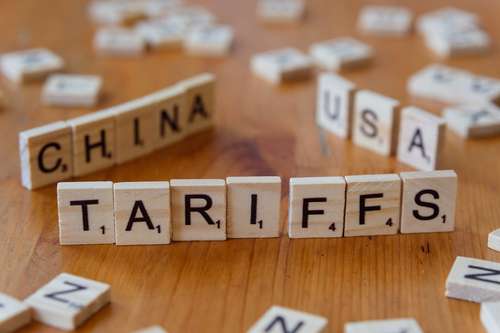After one of the parties in his broad coalition, the 5-Star Movement, decided not to support the government in a parliamentary confidence vote, Italian Prime Minister Mario Draghi submitted his resignation last week.
The stability of the indebted nation of Italy was at jeopardy, and mayors, business associations, and union leaders pushed Prime Minister Mario Draghi to reconsider his plan to step down over the weekend.
In an effort to prevent early elections at a time of global unrest and economic anxiety, President Sergio Mattarella rejected his resignation and requested him to address parliament this coming week.
In a vote on a package of policies intended to lower the high cost of living for households and businesses, Draghi easily won. But he claimed that his national unity administration could not continue without the full support of all of his allies.
Internally divided populist 5-Star claims it has not left the coalition but has asked Draghi to offer the group assurances that he will implement its policy demands, like a minimum wage.
Giuseppe Conte, the leader of the 5-Star party, posted on Facebook late Saturday, "We cannot share the responsibilities of governing if there is no assurance regarding the concerns that we have stressed.
According to a source in the prime minister's office, Draghi is adamant about leaving his position and would not submit to any "ultimatums."
However, he came under pressure to reconsider after hearing that without a fully operational government, Italy ran the risk of losing billions of euros in European Union post-pandemic recovery assistance and would find it difficult to control rising energy costs.
In an open letter, the mayors of 110 Italian cities—including the top 10 metropoli—said they were following the unrest with "incredulity and anxiety" and urged all parties to take accountability.
"We mayors implore Mario Draghi to go on and explain to parliament the positive reasons why the government must remain," they wrote. "We mayors, who are called upon every day to manage and handle the problems that afflict our citizens,
Numerous business, agricultural, and trade organizations also issued statements asking the government to continue, and the leader of Italy's largest union stressed the importance of stability.
According to Maurizio Landini, leader of the CGIL group, "I am not taking any sides, but I will state that we have a government that has not lost any confidence vote."

National elections in September or October are therefore a likely possibility. Overcoming the growing resentment within the government ranks and continuing despite it appeared to be more difficult.
Draghi was charged with leading Italy through the COVID situation when he assumed office in early 2021. Early in 2023, when the current session of Congress is set to conclude, surveys indicate that a coalition of conservative parties will achieve a resounding victory.
The League and Forza Italia, two of these parties, were members of the coalition and had ample reason to rejoice at the government's demise given the possibility of winning in an autumn election.
Both parties claim they are open to serving in a Draghi administration, but only if the 5-Star is removed from power—a proposal that Draghi has already rejected.




